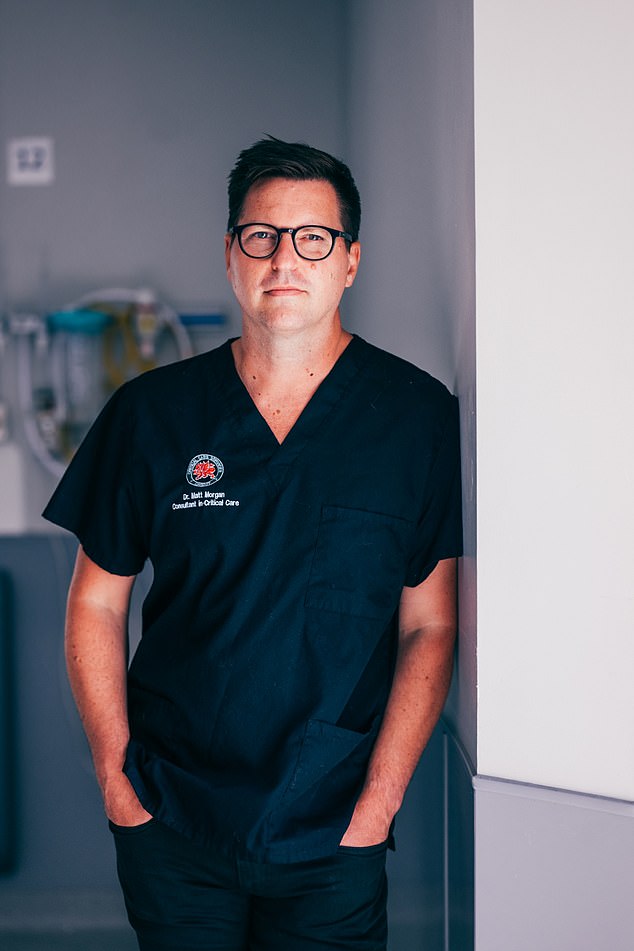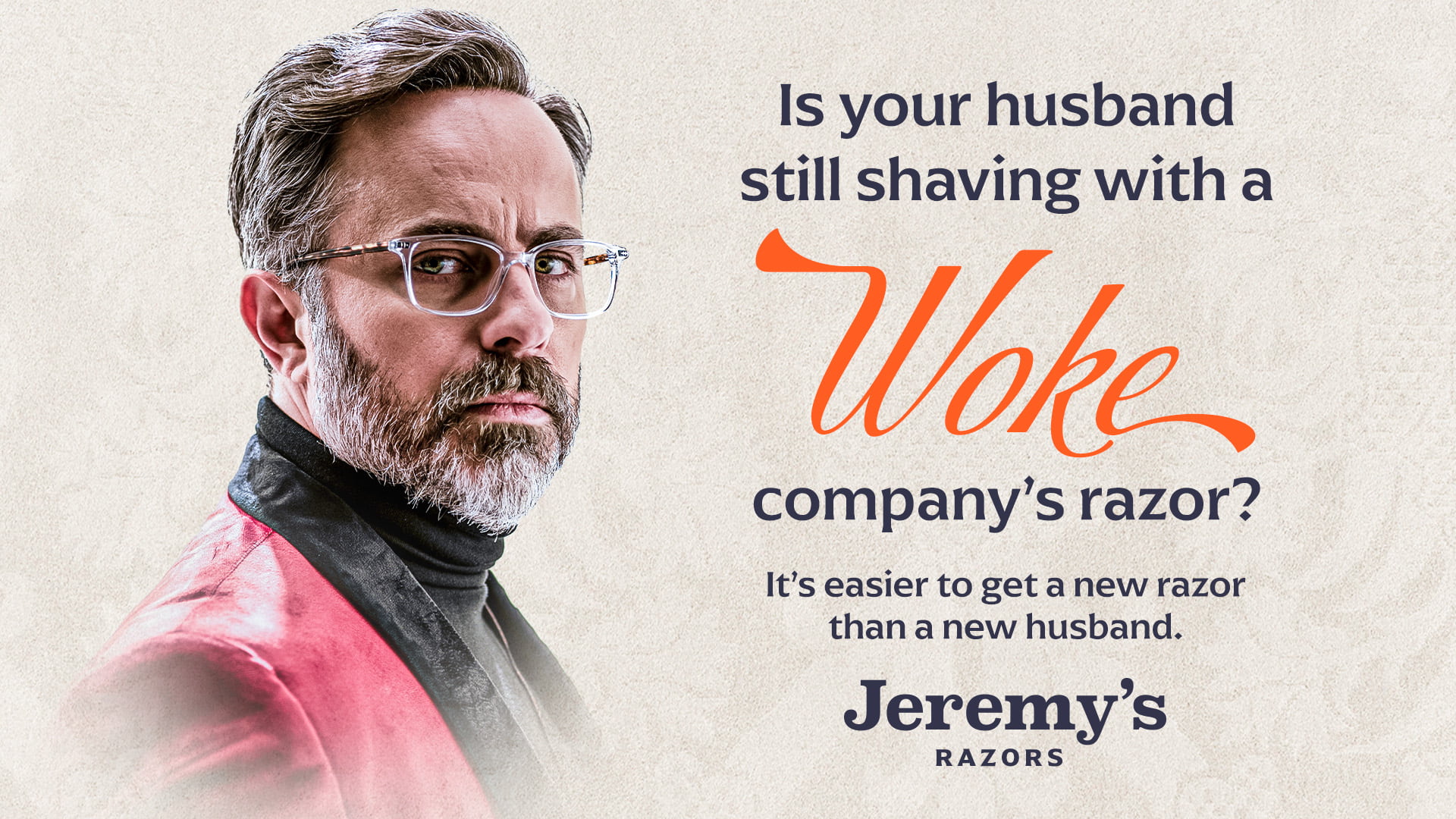Summer still remembers the day she died. After years marked by anxiety, depression and anorexia, the troubled 25-year-old student swallowed a fistful of sedatives and waited. Her mother found her shortly after, collapsed on her bed.
Her heart stopped three times in the hospital emergency department, as she travelled forward and back over the threshold of death and staff rushed plastic pipes into her lungs and pressed on her ribs, a final attempt to bring her back to life.
Summer’s parents were devastated when, on that day in 2020, they were told she might not survive. But extraordinarily, Summer says that just as her parents were being told this, and despite being unconscious, she remembers experiencing a ‘burst of life’, as her heart stopped and started and stopped again.
The events of her life, she later told me, flashed before her eyes. She felt an intense sense of clarity wash over her, a pinprick-sharp awareness: ‘People are important,’ she said to me three years later, ‘not things’.
For in that vivid flash, Summer saw her mum, her dad, good friends she hadn’t spent enough time with, lying laughing on the grass on a hot day and staying up late to see the stars sink to the horizon.
I’ve been an intensive care consultant for over a decade and have met hundreds like Summer, whose hearts stopped, they died – but were then resuscitated. I firmly believe that what these people remember from teetering on the precipice of life – and what they learn about the meaning of life after they’ve experienced death – has much within it we could all benefit from.
So much so that, after a year working on ICU, I started collecting the thoughts and words spoken by these patients when they came back to some sort of consciousness. In a small red book that I always keep on me at work, I scrawled down what I call their ‘whispers of life’.
From these words I’ve been able to gain a greater understanding of my purpose as an intensive care doctor, and, perhaps more significantly, as a human being.

Summer’s ‘whispers’, her recollection of her life flashing before her eyes, is a scene so common in films, it’s a tolerated cliché.
Yet it does have real scientific grounding. The fact is that life probably does flash before your eyes in some form as you die.
We know this following a landmark study in 2022, involving an 87-year-old epilepsy patient who had a heart attack and unexpectedly died as neuroscientists were in the middle of recording his brainwaves.
The recording, which covered about 900 seconds of his brain activity, was the first-ever recording of a dying human brain.
When it was analysed, the neuroscientists saw a brain wave pattern typical of memory recall and visions (this pattern also occurs during meditation, dreaming and even drug- induced hallucinations).
‘The brain may be playing a last recall of important life events just before we die,’ Ajmal Zemmar, one of the neurosurgeons involved in the study, said.
He went on: ‘Something we may learn from this research is although our loved ones have their eyes closed and are ready to leave us to rest, their brains may be replaying some of the nicest moments they experienced in their lives.’
It’s a comforting thought. And these findings might help explain why, in my experience, it is almost scarily regular how people who are brought back to life describe very similar sights, sounds and sensations.

Bright white light is a particularly common memory – as one patient I treated told me afterwards: ‘It was like stepping into the brightest sunlight I had ever seen, but it didn’t hurt my eyes. It wasn’t scary. It felt warm; light was wrapping itself around me.’
While I’m not religious – I would describe myself as spiritual – I know people who have experienced ‘touching death’ like this feel it to be an utterly transcendent experience.
Medically speaking, however, their recollections can be attributed to the biological process of neurological brain death.
When the heart stops pumping blood, it cuts off oxygen to the brain. Brain cells, which are very sensitive to oxygen loss, can quickly become injured or begin to die. This process can cause unusual experiences, such as seeing bright lights, vivid memories, or even a feeling of peace.
Scientists think this happens because the brain doesn’t shut down all at once. Instead, some parts of the brain stay active for a short time, releasing a surge of energy as they lose oxygen.
This means that as we approach the end of life, our brains may undergo remarkable changes.
But just because I can explain some of these sensations and memories in a logical, scientific way doesn’t take away from the astonishing things these people describe, and how amazing their experience is. And what I’ve learned informs the same ritual I perform every time I’m called to confirm a death – a ritual you might say is rooted partly in science, partly in basic humanity.
First, I talk to the dead. In intensive care, patients often have their eyes closed, either from sedation or illness. I always still talk to them, though, explaining who I am and my actions.
We’re often surprised when recovering patients recall fragments of their unconscious time, and so I begin by saying hello and introducing myself, and apologise if anything I’m about to do might be uncomfortable for them.
‘I’m feeling for your pulse,’ I say. Placing my index and middle fingers on their neck, I feel for the characteristic tapping of the carotid artery. Simultaneously, I position my stethoscope on their chest, listening for the lub-dub sound of the heart valves.
Then I wait – a long, silent, slow five minutes. I listen for silence. Next, I open their eyes and shine my pen torch into the depths of their pupils, the black space between the front and back of the eyes. In life, the pupils would constrict to a tiny speck of black, but in death, they remain large and dark, like windows no longer looking out.
Finally, I press firmly on the bony ridge above the eye, an area of the body most likely to get a reaction in life, saying softly, ‘I’m sorry.’ Nothing happens. The patient is dead.
For all the multifarious potential causes of death, all the painful ways one can go, medically speaking you could say there are just two forms of death: circulatory death, where the heart stops, and brain stem death, where the brain stops functioning.
I’ve often been asked what happens first when you die: how long does the heart have to stop before your consciousness ends?
The answer is that it’s hugely variable. You can have a gap of minutes between blood circulation ceasing before irreparable damage is caused to the brain.
Indeed, it’s always amazing to see people who’ve had CPR for a long time go on to recover. There is a risk, though, that we see the stories of patients who’ve come back to life as entirely celebratory. But it’s not all milk and honey.
Even patients who have ‘just’ been critically ill in ICU have very frightening memories. For example, some remember dogs licking their toes – a warped recollection of the sensation of the pumps we sometimes place on their feet to prevent blood clots.
But not everyone who dies and later returns has such cinematic memories. For others, it’s more a slow process of slipping away.
One man I spoke to, Chris Lemons, a deep-sea diver, died for 45 minutes when his oxygen supply was disconnected in a terrible accident.
About death, Chris told me: ‘You do know it’s OK, don’t you? It’s just like drifting off to sleep. I was sad for a bit. I was cold and got a bit numb, but then it was just like falling asleep.’
Other patients, though, remember absolutely nothing of the time they died.
One such patient I treated had been a judge for several decades until presiding over a case, he began to feel unwell. He collapsed and stopped breathing. He was rushed to hospital, and over an extraordinary 12 hours his heart stopped, and he was brought back to life no fewer than 20 times.
Of this period, he remembers nothing. No lights, no flashes, no images of happy times.
But his first memory of this period is no less uplifting: he was travelling from our hospital to a nearby rehab facility when out of the window, he saw a few yellow daffodils nodding in the breeze.
Today he says those humble flowers were the most beautiful thing he’s ever seen. This, then, is the judge’s ‘whisper of life’.
It’s only after touching death and being confronted by our own mortality that we can really turn up the volume on these whispers. So if life were to flash before your eyes, what would be in your flash?
Think about it now while you are alive – perhaps it will help you make a change.
- A Second Act: What Nearly Dying Teaches Us About Really Living, by Dr Matt Morgan (Simon & Schuster, £20) is out now.

